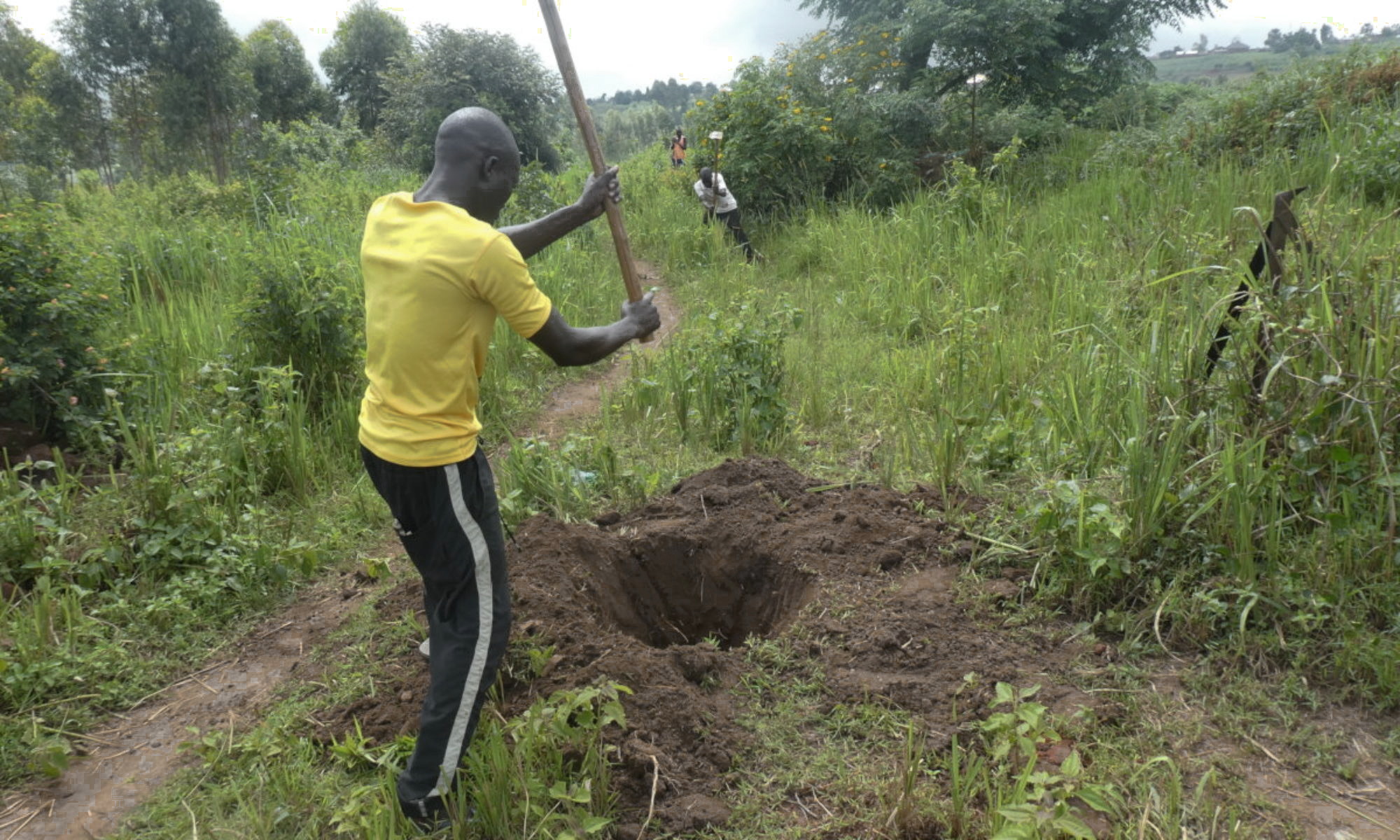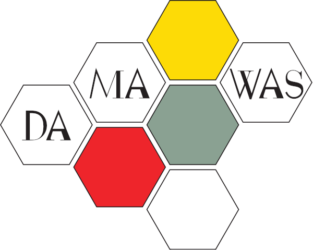“Innovation”:
Some things that are not yet applied in one place have a long tradition elsewhere. From “tried and tested” to prototypes, we want to try out everything in the field of school projects that can serve the goal of sustainability. Even what ultimately does not work and cannot be established is potentially instructive until you realize this!
Several objectives are related to the Innovation Hub:
- Efficient use of resources on site
- Exploiting the possibilities of local, renewable energy production
- cradle2cradle / Circular economy
- (local) Transfer of know-how
- for promising innovations to spread them
- to learn from experiences made,
not to repeat mistakes
- Integration into the classroom + training = possible later source of
income - Increasing the attractiveness of the school and cultural centre for the local
population, even before completion.
According to effort and complexity, three areas of application can be distinguished:
- With low resource expenditure and prior knowledge at the individual level, with short-term implementation success applicable:
- Expansion of own production e.B. for vegetables, herbs, soap, etc.
- Self-construction according to plan by e.g. Solar dehydrator, cooking boxes/cooking baskets, evaporative cooling boxes…
- Use of low-threshold kits e.g. for solar cookers, pyrolysis oven…
- To be included in the building planning of the project infrastructure with medium effort :
- Installation of dry toilets and or biogas toilets according to kits, ensuring maintenance.
- Rainwater collection
- mortar-free element blocks
- To be planned with expertise for longer-term establishment:
- Construction innovations – to be checked directly for the planning of the project infrastructure
- Drinking water and wastewater management (partly also “low-tech” applications possible)
- Solar panels and wind energy for own power generation
- Recycling and material recovery
For all levels there are ready-to-use products, some of which are already used in Uganda. The Damawas approach is to increase the interest of producers as well as consumers (or prosumers!) by bundling innovations at one location and to connect them with DECCA. The simultaneous use of different technology should bring the best possible synergy effects.
An illustrative example at the level of quick and easy establishment:
The use of a pyrolysis cooker allows for more efficient cooking (at least 50% less firewood requirement) with less smoke and soot. The charcoal produced by the way can be sold, but can also be used for soil improvement (water storage + nutrient supply).
In combination with a cooking box/cooking basket, the energy expenditure for many foods can be reduced even further to a quarter or even a fifth. Cooking baskets could also be demonstrated on site to others in their effectiveness, i.e. also produced and sold.
Further applications arise from the use of a solar dryer. This allows not only food to be preserved, but waste that is also not well suited for composting, such as orange peel, can be dried to such an extent that biochar can be recovered from it.
An example of the application of solar dryers can be found here or on a commercial level in Kenya. A research-supported project on pyrolysis and waste management is in Ghana.
Medium-level example:
The use of dry-separation toilets turn problematic waste into raw materials, which can be returned to the agricultural material cycle e.g by composting.
Using toilets in conjunction with a biogas plant, excrement and other organic waste (animal and plant origin) can be converted into gas, which can be easily used for cooking, but also for operating a generator.
In Kenya and Cameroon, for example, the establishment of biogas has been going on for several years or see Benin here.
The various technologies can also be integrated into school teaching. As mentioned above, they should also arouse the interest of the local population not only in these possibilities, but also in DECCA as a whole. With these innovation ideas, additional income can be easily generated, especially for girls and women with traditional social tasks. Therefore, we think that getting to know these innovations at school also supports the longer stay of girls in particular at school.

